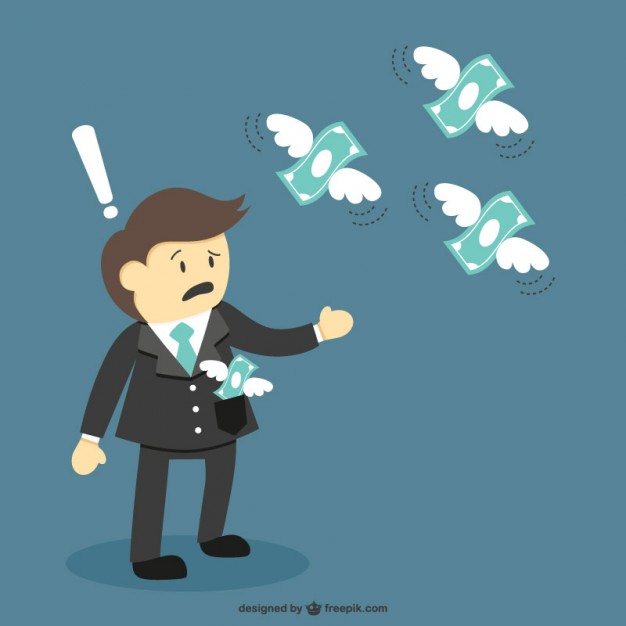On June 21, 2018, the United States Supreme Court ruling in South Dakota v. Wayfair (138 S.Ct. 2080 [2018]) eliminated the prohibition on a state imposing sales tax collection responsibilities on businesses that have no physical presence in that state. Due to this ruling, certain existing provisions in the New York State Tax Law that define a sales tax vendor immediately became effective. This means that if your freelance business falls within this definition and you make taxable sales in New York State, you are required to collect and remit New York State and local sales tax. Here are the details that self-employed and freelance business owners need to know:
The State defines the term vendor to include, “a person who regularly or systematically solicits business in New York State by any means and by reason thereof makes taxable sales of tangible personal property to persons in the state.”
In this case regularly or systematically soliciting business in the state means that for the immediately preceding four sales tax quarters:
- the cumulative total of the person’s gross receipts from sales of tangible personal property delivered into the state exceeded $300,000, and
- such person made more than 100 sales of tangible personal property delivered in the state.
Therefore, a freelance business that has no physical presence in New York State but meets the requirements outlined above must register as a New York State vendor. Such businesses must register as a vendor immediately if they have not already done so.
A CPA specializing in freelance business taxes can help you to determine if you are required to register. Generally, if you have had more than $300,000 in sales of tangible personal property delivered in the state and conducted more than 100 sales of tangible personal property delivered in the state in the immediately preceding four sales tax quarters, which were:
- March 1 through May 31,
- June 1 through August 31,
- September 1 through November 30, and
- December 1 through February 28/29.
It is important that you determine what sales your freelance business has made that are subject to tax in each jurisdiction where you operate and the sales tax rates which are applicable, as well as specific filing dates when sales tax payments are due.


